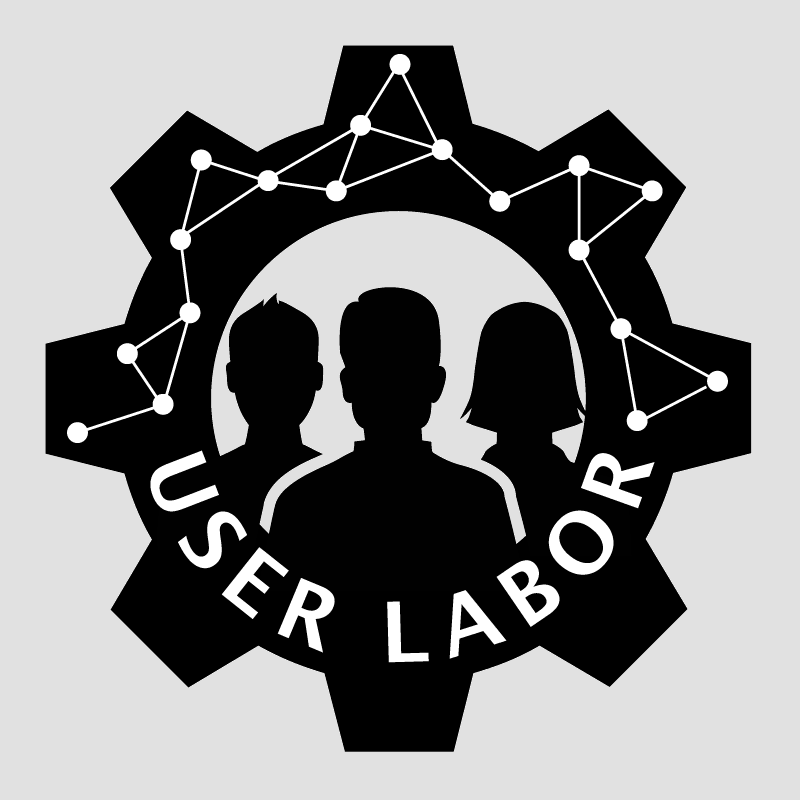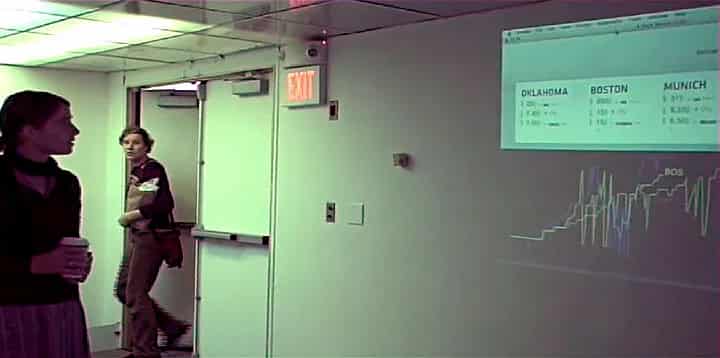Meta-Markets

A stock market for social media profiles, where users bought and sold one another’s reputations to reveal the true value of online participation.
Meta-Markets was a stock market for social media profiles. It turned profiles into tradable shares, creating a marketplace where users buy and sell one another’s reputations and exposing what those profiles are really worth to the platforms that harvest them.
On traditional social platforms, users post content, gather followers, and generate engagement. Meanwhile, platform owners capture and monetize this activity by controlling data and interfaces, selling user insights to advertisers. Most users are unaware of the value they create. Meta-Markets asked: What is a user’s actual worth to a platform? And how could users benefit from the value they generate?
The platform allowed users to launch an Initial Public Offering (IPO) of their own social media profiles —including Facebook, Flickr, Delicious, and Feedburner (a blog analytics company, later acquired by Google)— using a virtual currency. Each IPO converted a profile into 1,000 shares. The user kept 50% and sold the rest in a Dutch auction over three days. After that, shares were openly traded, with value determined by supply, demand, and speculation.
Active from 2007 to 2009 at meta-markets.com, the platform hosted a community that traded social media shares, debated fair valuation models, and explored the link between market dynamics and social value. It shut down after two years mainly due to operational costs, well just as Bitcoin was beginning to emerge.
As a result of the project, the User Labor protocol was released on May 1, 2008, outlining how to measure user participation across social web services.






















